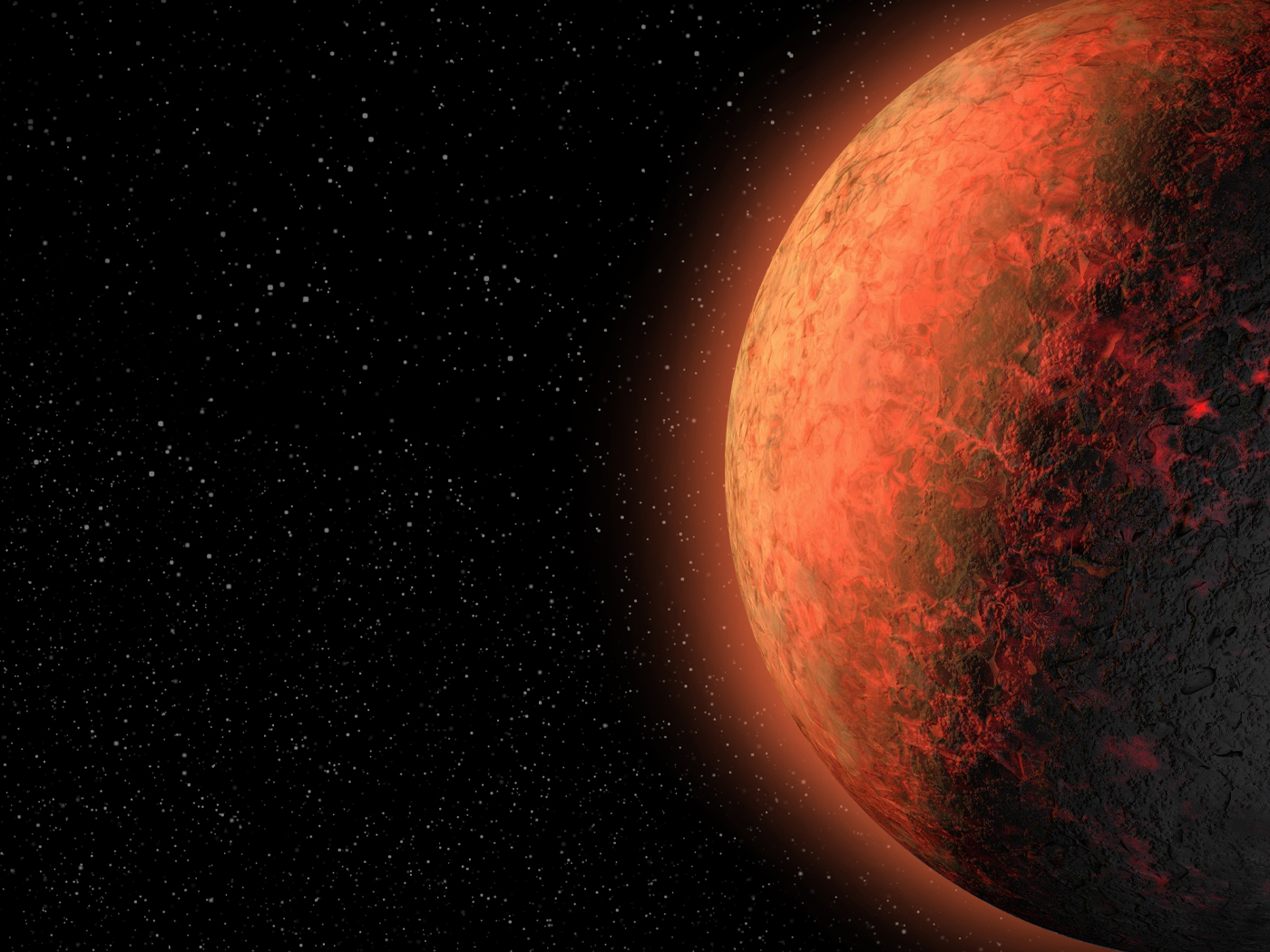For thus says the LORD, Who created the heavens, Who is God,
Who formed the earth and made it, Who has established it,
Who did not create it in vain, Who formed it to be inhabited:
“I am the LORD, and there is no other.”
(Isaiah 45:18)
In the last two decades, astronomers have discovered over 3,000 planets orbiting other stars. These are called extra-solar planets, or exo-planets, and they’ve caused a lot of excitement and speculation. What do we really know about these distant planets, and what is their significance for biblical creation?
Astronomers long suspected that stars might have orbiting planets just as the sun does. However, it’s nearly impossible to observe something as small and faint as an exo-planet next to the bright glare of its host star. So, astronomers have relied primarily on indirect methods of discovery.
One method involves measuring the Doppler effect in the light of a star. This effect is the shift in the wavelength of light that occurs as the source approaches or recedes from an observer. As a planet orbits, it exerts a gravitational force on its star, causing the star to wobble slightly. Although these perturbations are tiny, astronomers have detected them by Doppler shifts in the star’s light. This allows astronomers to deduce both the period and minimum mass of the orbiting planet.
More recently, astronomers have used the transiting method. If a planet passes directly between its star and the earth, then we perceive a slight drop in the star’s brightness. This is called a transit. The change in brightness is extremely small, but it’s detectable with modern technology. This method only works on star systems that are nearly edge-on relative to us. Otherwise, the planet would never cross in front of its star from our point of view. Nonetheless, astronomers have discovered many extra-solar planets with this technique.
The amount by which the star dims allows astronomers to estimate the planet’s size. Combining this information with the mass estimate obtained from the recorded Doppler shift, astronomers can compute the approximate density of the planet. The density provides a basis for estimating its possible composition. In some cases, a slight change in the star’s observed spectrum during the transit reveals the chemistry of the exo-planet’s atmosphere.
Finally, in a handful of cases, astronomers have been able to image some extra-solar planets directly. This method involves blocking the light from the star in order to see the faint reflected light from the orbiting planets. In these cases, time-lapse images taken years apart allow us to observe the planets directly as they orbit their star.
Currently, we know virtually nothing about what extra-solar planets look like. We have very little information on their composition and can only roughly estimate their temperature. Astronomers will require advances in technology if we are to learn more about these distant worlds. What do we expect to find? Will we find life?
As biblical creationists, we predict extra-solar planets will manifest evidence of recent creation and defy secular age estimates. For example, we expect that many exo-planets will have evidence of strong magnetic fields. Since magnetic fields naturally decay on a timescale of thousands of years, such evidence would confirm biblical creation. We expect that some exo-planets will have internal heat like Jupiter and Neptune do. Such heat cannot be maintained over billions of years.
Furthermore, we expect diversity that challenges secular formation scenarios, such as gas giants that orbit very close to their stars. Astronomers have already detected such “hot Jupiters.” We expect to find more of these and also other types of planets that do not readily fit the secular mold. We may find planets that orbit in a different plane from their host star’s rotational plane, contrary to the predictions of the nebular hypothesis. We might find that some exo-planets even orbit their star backward, just as the Lord created some moons in our solar system that revolve retrograde. We predict that exo-planets will not have life because the earth seems to be unique in this respect (Isaiah 45:18). And we expect beauty and diversity because the heavens declare the glory of God (Psalm 19:1).
*Dr. Lisle is Director of Physical Sciences at the Institute for Creation Research and earned his Ph.D. in astrophysics from the University of Colorado.










.jpg)










